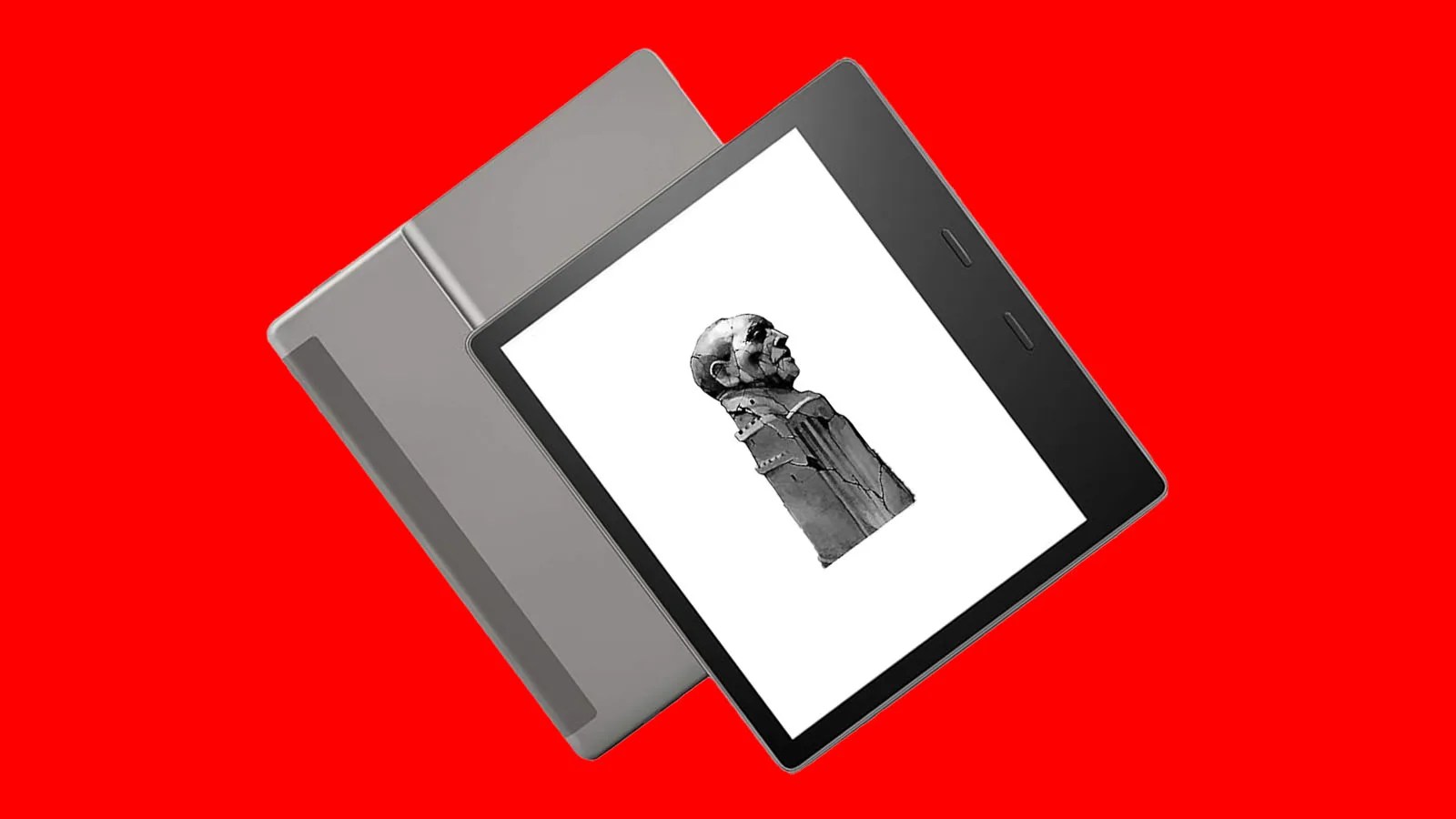The New York Times called it “a literary masterpiece.“ Former President Obama said, “I’m sure it has helped to shape how I think about politics.” The Guardian called it “a modern Machiavelli’s Prince.” These are the kinds of quotes sprinkled throughout the Editorial Reviews section of The Power Broker’s Amazon page.
At the height of the talking-heads-on-Zoom-era of television news during the COVID-19 pandemic, some eagle-eyed observers noticed that the book had become “a must-have prop for numerous politicians and reporters appearing on camera from home.” Even just this January, it was enthusiastically dissected via a 12-episode long podcast series that quickly went viral. Oh, and it also won a Pulitzer Prize.
The attention and accolades Robert A. Caro’s first book has amassed over the last 50 years reads like a publishing fantasy. But despite selling wave after wave of physical reprints, an official e-book version of The Power Broker has never existed. That finally changes today.
For those unfamiliar with the title, it’s a deeply researched work of non-fiction chronicling the rise of the controversial titan of New York urban planning, Robert Moses.
The attention and accolades Robert A. Caro’s first book has amassed over the last 50 years reads like a publishing fantasy. But despite selling wave after wave of physical reprints, an official e-book version of The Power Broker has never existed.
Starting on September 16th and in honor of its 50th anniversary, The Power Broker will finally be available as an e-book.
In a recent article, The New York Times reported on why it’s taken so long to produce what’s sure to be an obvious digital bestseller. According to the story, much of the initial resistance stemmed from Caro’s own lingering distaste for the e-book reading experience.
Thanks to hardware and software improvements in e-reading in recent years, Caro finally decided to reconsider his stance on the e-book experience. He conceded that he was interested in making sure a new generation of readers were exposed to the work. But a few practical production issues still stood in the way of making that happen.





